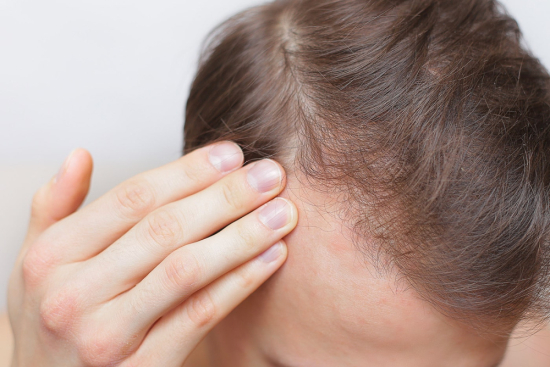Under normal conditions, everyone has a physiological loss of hair, caused by the fact that they are replaced at the end of their life cycle. It can happen, however, that this situation manifests itself with greater acuity and that the hair that has fallen out is much more numerous until it forms real balls. In these circumstances, we speak of alopecia.
Turquie santé puts you in touch with the best hospitals and clinics for your hormonal hair loss treatment in Turkey.
Baldness treatment in Istanbul, Turkey: Price & Reviews
The therapy is mainly pharmacological and time-consuming (the first results are noticed after months). In the most serious cases, other treatments such as autograft or specific laser or thickening treatments can be used.
Turquie Santé puts you in touch with several hospitals and clinics in Turkey. This allows you to obtain a personalized quote and then undergo treatment for your hormonal baldness at the selected establishment, with the most advantageous price.
Some websites will provide you with adequate treatment at higher prices just for the sake of making money. However, the staff of Turquie Santé has selected the best clinics and hospitals where you can have excellent quality and price at the same time.













